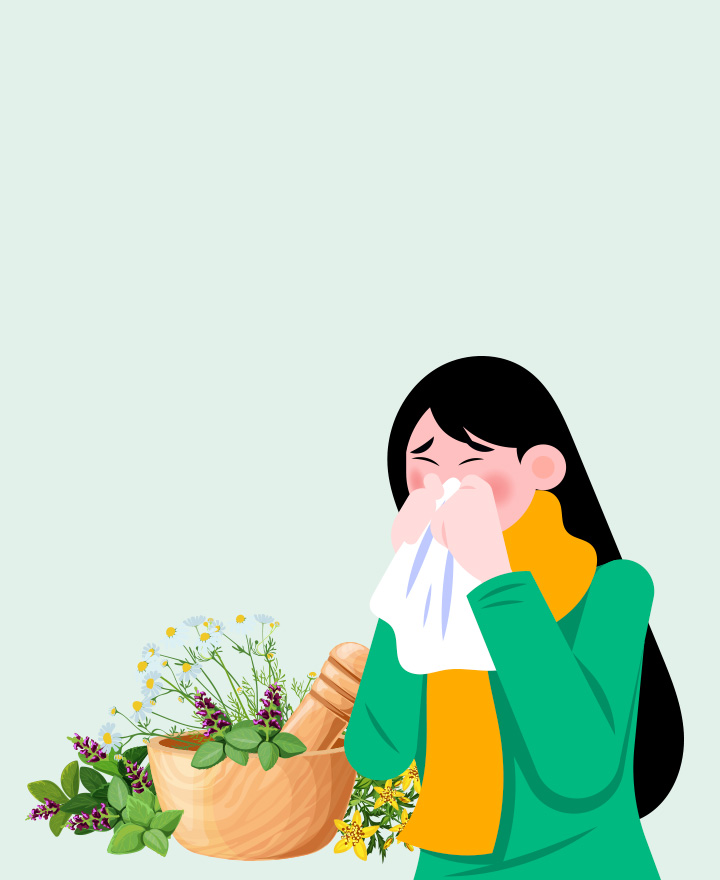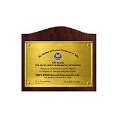

All You Need To Know About Sulpha Allergy
Sulpha allergy is one of the many types of medication allergies. It is a condition that certain people experience when they are sensitive to certain drugs containing sulphonamides. Some people experience sulpha allergy symptoms as soon as they consume antibiotics and other drugs containing sulphonamides. In most cases, sulpha allergies lead to mild reactions which can be managed with help of topical treatments and certain oral medications. In very rare cases, these allergies can pose serious health risks. Read on to know more.
Symptoms
Usually, sulpha allergy symptoms could be one or more of the following:
• Extreme feeling of itchiness in the skin or eyes
• Rashes or hives on the skin all over the body
• Increased sensitivity to sunlight, with the rashes becoming more severe when they are exposed to sunlight
• Swelling in the arms, legs, mouth and tongue
• Indigestion-like symptoms, including nausea, vomiting and diarrhoea
• Mild to severe headaches
However, in some rare cases, these serious symptoms are noticed in people with sulpha allergy:
• Breathlessness
• Acute pain in the muscles and joints
• Formation of painful blisters all over the skin
• Skin starting to peel off suddenly in certain areas
• Difficulty swallowing food
• Pain and soreness in the throat
• Anaphylaxis
• Stevens-Johnson Syndrome
• Toxic Epidermal Necrolysis
Drugs to Avoid with Sulpha Allergies
Some of the drugs that can aggravate sulpha drug allergy are:
• Sulphamethoxazole:
Taken for infections (the most common drug to trigger a sulpha allergy)
• Sulphacetamide:
Eye drops taken for eye infections
• Sulphadiazine:
Topical treatment for burn infections
• Sulphasalazine:
Taken for rheumatoid arthritis and inflammatory bowel disease conditions
• Dapsone:
Taken for leprosy, certain kinds of pneumonia and other dermatological conditions
• Mafenide:
A topical antibiotic to treat bacterial infections in severe burns
• Sulphadoxine:
Taken for malarial infections
• Sulphamethizole:
Used to treat urinary tract infections
• Sulphanilamide:
Used to treat vaginal infections
• Sulphisoxazole:
Used to prevent or treat body infections
It would be wise to check with your doctor when you consume the following drugs as well, as they may contain a certain quantity of sulphonamide content.
• Blood-sugar lowering medications
• Non-steroidal anti-inflammatory drugs
• Diuretics (water pills)
• Migraine medications
Treatment Options
Most people experience mild symptoms which can be managed by topical treatments or oral medications (based on your doctor’s suggestion). Typically, medications, such as antihistamines or corticosteroids, are sufficient to treat these mild allergies. In case of severe symptoms, your doctor may recommend an epinephrine (EpiPen) injection to control the reaction. Some people can also experience breathlessness, anaphylaxis and painful blisters on their skin, mouth or genitals. These symptoms require immediate medical attention.
It’s important to inform your doctor if you have a known sulphonamide allergy. In certain cases, they may consider a process called drug desensitisation, where the medication is introduced in very small, gradually increasing doses under close supervision. This helps assess and possibly improve your tolerance to the drug.
Complications
In rare cases, sulpha allergies can cause the following complications:
• Anaphylaxis:
A severe allergic reaction that can cause a sudden drop in blood pressure and rapid breathing and can be life-threatening if not treated immediately.
• Stevens-Johnson Syndrome:
A disorder affecting the skin and mucous membranes, it often begins with flu-like symptoms, followed by the appearance of painful, itchy rashes on the skin.
Prevention Tips
While you cannot cure a sulphonamide allergy, you can effectively prevent serious reactions by being aware of your condition and strictly avoiding sulphonamide-containing medications. Always inform healthcare providers about your allergy.
It’s advisable to carry a medical alert card that lists your allergy and keep it in your wallet or phone. Wearing a medical alert bracelet can also help others, especially emergency responders, take appropriate action if you are unable to communicate during an emergency.
Sulpha vs. Sulphite Allergy
Sulpha and sulphite are two entirely different components, and their allergies are also quite different from one another. While sulpha is usually found in drugs that treat various health conditions, sulphite is a preservative used in edible products like drinks (particularly wine), foods and other medicines. Usually, sulphite allergies can cause asthma-related issues. However, in some rare cases, it can lead to anaphylaxis as well. If you are allergic to sulpha, you can still consume foods and drinks containing sulphites without any problems.
Conclusion
While most sulphonamide (sulpha) allergies are mild, they can occasionally lead to severe and potentially life-threatening conditions. That’s why it’s important to stay informed about your allergy and always check the ingredients of any medication prescribed to you.
Managing allergic reactions, especially severe ones, can sometimes involve emergency care, which may lead to unexpected medical expenses. To stay financially protected, consider investing in health insurance online. A good policy can help cover hospitalisation and treatment costs, ensuring you receive timely care without the added burden of high medical bills.
One of the important components of our overall wellness is also being financially secured. Healthcare emergencies can happen any time, but a good health insurance policy can protect you from such uncertain situations. To know more about Wellness and other health related tips, visit the wellness corner.
Disclaimer: This blog provides general information and discussions about health and related subjects. The information and other content provided in this blog, website or any linked materials are not intended and should not be considered or used as a substitute for medical advice, diagnosis, or treatment. Kindly contact your doctor before starting a new medicine or health regime.
Related Articles
Skin allergy: Types, causes, symptoms and treatments
The Difference Between Food Allergy And Food Intolerance
How Are Food Allergies Diagnosed?
Understanding Food Allergies in Infants
Published on July 09, 2025















 Health Insurance
Health Insurance  Travel Insurance
Travel Insurance  Car Insurance
Car Insurance  Cyber Insurance
Cyber Insurance  Critical Illness Insurance
Critical Illness Insurance
 Pet Insurance
Pet Insurance
 Bike/Two Wheeler Insurance
Bike/Two Wheeler Insurance  Home Insurance
Home Insurance  Third Party Vehicle Ins.
Third Party Vehicle Ins.  Tractor Insurance
Tractor Insurance  Goods Carrying Vehicle Ins.
Goods Carrying Vehicle Ins.  Passenger Carrying Vehicle Ins.
Passenger Carrying Vehicle Ins.  Compulsory Personal Accident Insurance
Compulsory Personal Accident Insurance  Travel Insurance
Travel Insurance  Rural
Rural